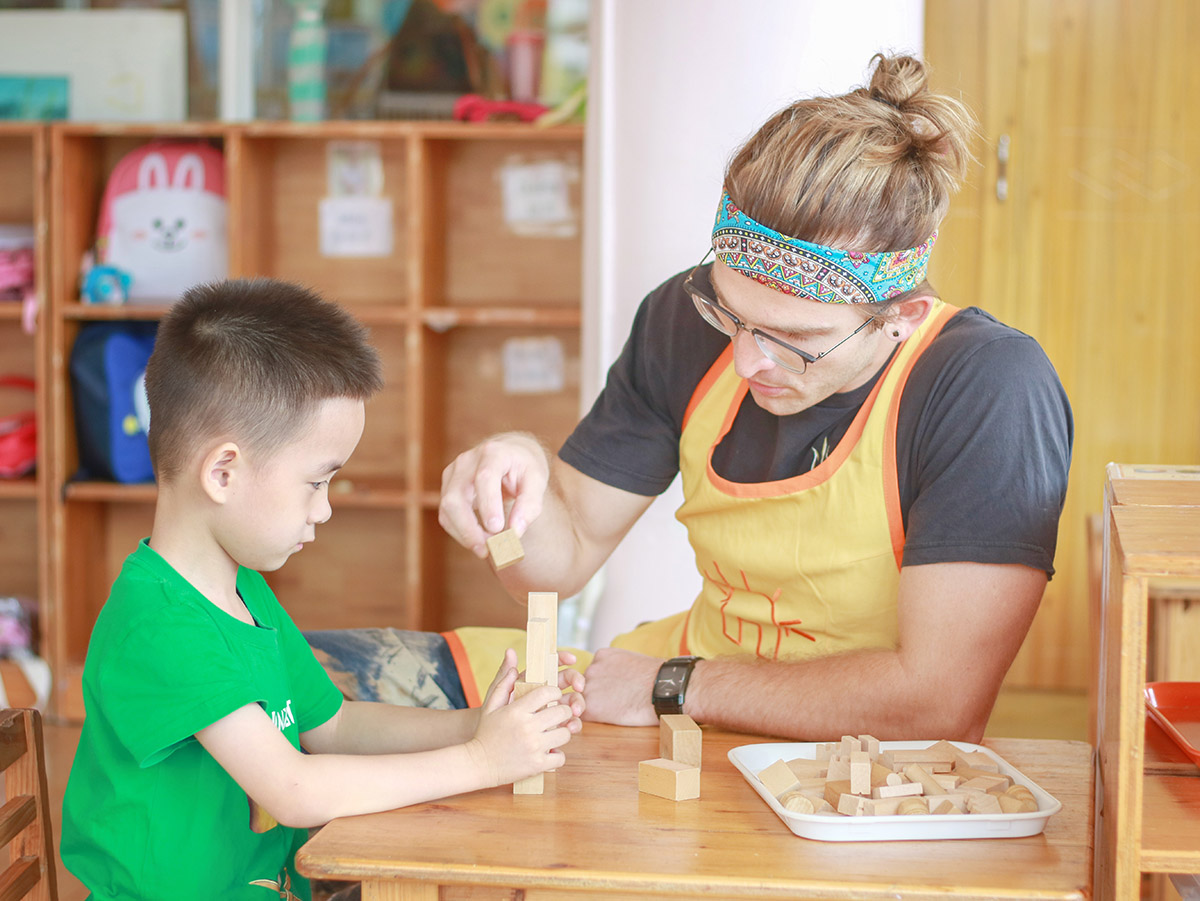
Death is a difficult and complicated topic with which to grapple for adults. So how can we even begin to approach this topic with children who are just beginning to understand the world?
While it may be tempting to avoid the topic and to hide your emotions from your children, this is counterproductive. Children sense when something is wrong and making it seem like a taboo topic can cause more problems.
When you tell your child about a death in the family, use simple terms that she can understand: “I have some sad news to tell you. Grandpa died today.” Allow for whichever reaction your children has. They may cry, ask questions or show very little reaction at all. You can share your feelings together: “I feel very sad too.”
Address any concerns your children might have about how this affects their daily lives, no matter how trivial they may seem: “Don’t worry, there will always be someone to pick you up from school.”
Don’t use terms like “went away” or “resting” because this can cause extra confusion: “If grandpa went away, will he come back?” Or, “If grandpa is resting and will never wake up, does that mean I might not wake up when I lie down to rest?”
Some children may not grasp that death is permanent. Use simple terms when explaining the finality of death. Gently but clearly explain that when a person is dead, they do not eat or breathe or sleep but neither does their body feel anything else.
Initially, give simple and general details when explaining what happened. Your child will ask questions if they want to know more. Sometimes a child can be overwhelmed by the news so check in every so often to see if your child wants to talk.
Give small doses of information at a time. Answer as many questions as your child has and be okay with saying “I don’t know” when necessary. Children may also ask questions that seem inappropriate: “When will you die?” Try to understand their concerns rather than making them feel that the question is wrong.
Lots of people may say things that your child doesn’t understand, such as “My condolences.” You can also prepare your child for how to react to these interactions: “These are just nice words to say they’re sorry for what happened.”
Prepare your child for the emotions of those surrounding them: “Grandma will probably be very sad because she misses grandpa just like we do. You might see a lot of adults crying and that’s okay. We can all be sad together even as we remember the great things about grandpa.”
Related Articles
1. Juggling Priorities as a Person, Wife and Mother
2. Sciences Workshop | Magic in the Kitchen: Dancing Milk
3. Guidance for Parents: A Three Part Series











 International Sunshine Home Arts & Sciences
International Sunshine Home Arts & Sciences